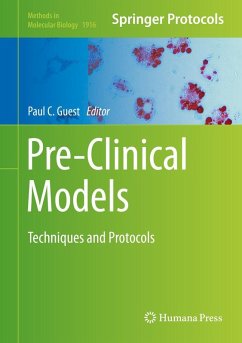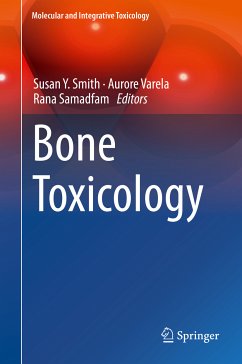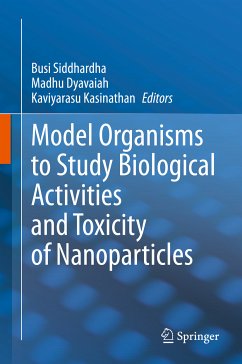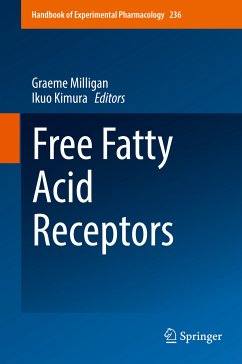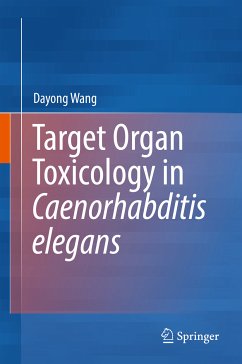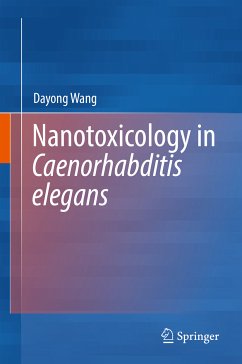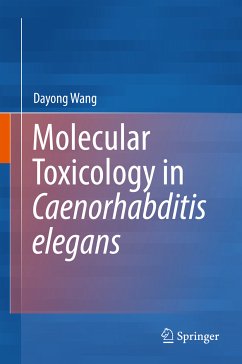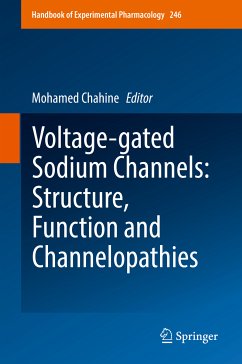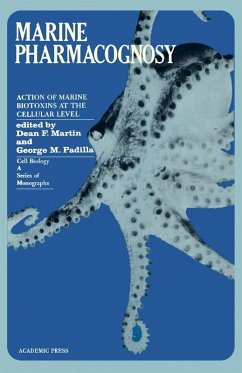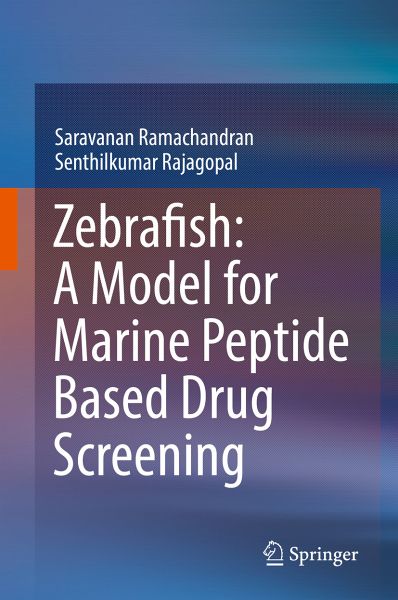
Zebrafish: A Model for Marine Peptide Based Drug Screening (eBook, PDF)
Versandkostenfrei!
Sofort per Download lieferbar
72,95 €
inkl. MwSt.
Weitere Ausgaben:

PAYBACK Punkte
36 °P sammeln!
This book offers a comprehensive overview of toxicology, highlighting the significance of peptide-based toxins from marine environments. It discusses the principles of protein-carbohydrate and domain-domain interactions to increase our understanding of toxicology in zebrafish models, as well as drug interaction mechanisms and target definition in drug discovery. It also reviews the structure of marine peptides/toxins and the toxicology of peptide secreting cells and cells that respond to these enzymes, and describes the normal and abnormal toxicology of marine peptides in zebrafish models. Off...
This book offers a comprehensive overview of toxicology, highlighting the significance of peptide-based toxins from marine environments. It discusses the principles of protein-carbohydrate and domain-domain interactions to increase our understanding of toxicology in zebrafish models, as well as drug interaction mechanisms and target definition in drug discovery. It also reviews the structure of marine peptides/toxins and the toxicology of peptide secreting cells and cells that respond to these enzymes, and describes the normal and abnormal toxicology of marine peptides in zebrafish models. Offering insights into the field of proteomics, particularly current practice and research models for solving its many riddles, the book also explains the analytical principles of marine protein-protein and protein-carbohydrate interaction in the context of teratogenicity in target identification in peptide- based drug discovery. Lastly, the book methodically examines the preclinical research on marine proteins/peptides.
Dieser Download kann aus rechtlichen Gründen nur mit Rechnungsadresse in A, B, BG, CY, CZ, D, DK, EW, E, FIN, F, GR, HR, H, IRL, I, LT, L, LR, M, NL, PL, P, R, S, SLO, SK ausgeliefert werden.



